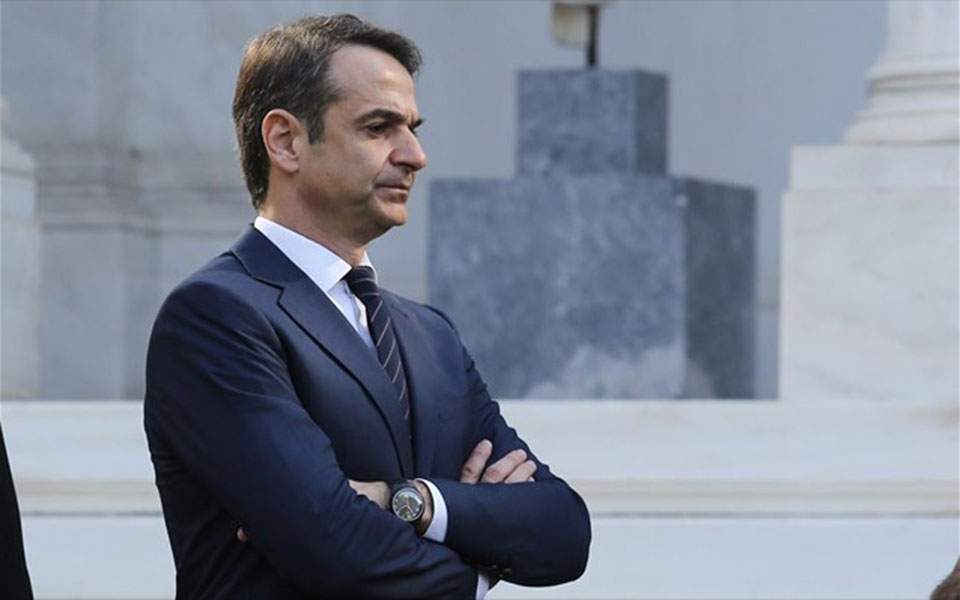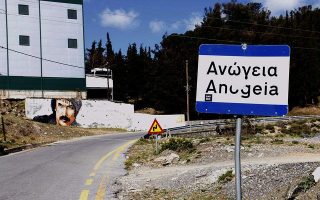Choice between reshuffle and the ballot box

The dilemma between calling an early election or not exists, whether denied by government officials or not. A decision is very hard, despite the fact that pundits out there present each of the two options as the obvious choice.
Let’s examine the arguments for holding a snap vote in the summer. Premier Kyriakos Mitsotakis won the last election on the pledge to bring down tax rates and boost growth. The coronavirus pandemic has nixed all that and the conservative leader now faces a period of recession during which it will be impossible to reduce taxes. It would therefore make sense for him to call a snap poll, to lay out to the public what lies ahead, and ask for a fresh mandate.
Those advocating for an early election have another argument in their arsenal. They point to the iceberg that is the simple proportional representation system. This is in fact a danger which could easily throw the country into a fresh adventure. New Democracy would certainly score a comfortable victory if elections were held in the summer. Mitsotakis has built a political hegemony and the memory of his successful handling of the two consecutive crises is still fresh in voters’ minds. Meanwhile, the contraction unleashed by the coronavirus has not yet been felt. For his part, leftist opposition leader Alexis Tsipras has indulged in intense navel-gazing, and has so far been unable to strike a tempo or produce meaningful politics.
If elections are held this summer, Mitsotakis will be able to get the simple proportional representation system out of the way and his conservative party will be armed with a fresh four-year mandate. By contrast, no one can say with certainty that ND will be able to achieve a comfortable victory three years from now, and abolish simple proportional representation.
The counterargument to all this is that Mitsotakis does not want to be associated in the eyes of voters with tactics used by his leftist rival Tsipras. Early elections contain an element of opportunism and a certain level of disrespect to the institutions.
But there are also unknown factors which should not be disregarded. The election procedure itself would be very problematic because of the coronavirus and the very strict measures that would have to be introduced. Also, it would be very dangerous if there was a surge in Covid-19 cases during the two-month period up to the ballot. Furthermore, the elections would paralyze the state and stymie decision-making at a phase during an extremely crucial period for the economy, tourism, Greek-Turkish relations and the virus.
At the end of the day, there is always the risk of coming close to an absolute majority following the first election.
This scenario could complicate things, leading to exploratory mandates, or even offers to cooperate with a minority government supported by a “vote of tolerance.”
These are the arguments for and against holding a premature election. The difference essentially is one year. The prime minister will make his decisions in the coming period choosing between a government shake-up and the ballot box.





